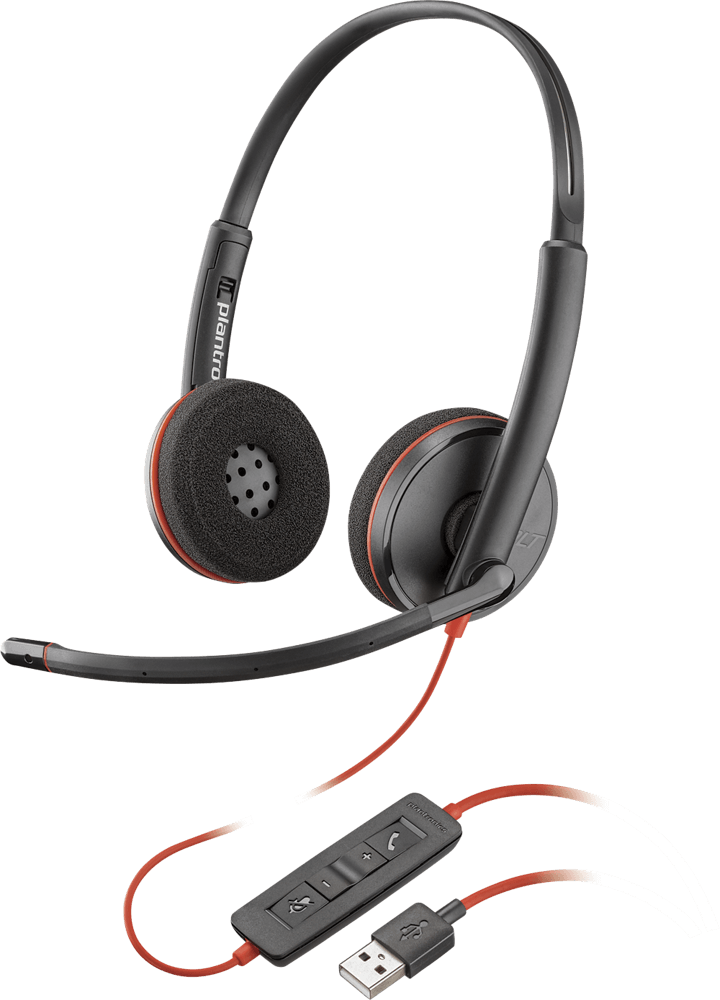Let’s start with the basics and progress from there. An IP Phone System is simply a telephone system that allows users to connect both VoIP phone lines and IP handsets. IP is an acronym to describe “Internet Protocol” and VoIP is simply and extension of this as “Voice over Internet Protocol”. It means that rather than going across traditional cables and copper phone lines in the ground, your communication goes across the internet. It may sound scary but it’s actually incredibly efficient and effective. Most customers automatically think of times their internet drops out at home and assume it will be the same with an IP phone system solution (see full range). It couldn’t be farther from the truth.
At home you have basic internet whose resources are shared by all the other homes around you that use the same provider (Telstra Bigpond for example). This is why, before faster internet speeds, there was always a slow down between the hours of 6-8pm when everyone came home and jumped online. It’s internet equivalent of peak hour traffic. With today’s internet speeds this scenario is far less discernible than only a couple of years ago.
What has this got to do with an IP phone system? Everything. Once you understand the logic above you will be able to see the difference. With IP phone systems that use VoIP (or SIP trunking) you can’t afford to have slow times or dropouts. This is why a business grade IP phone system has a separate internet connection just for your voice calls or VoIP. This way if you’re downloading emails or larger files in the office it will have no bearing on the VoIP quality. To use the traffic analogy again it is a separate express lane that only “Voice” is allowed to travel on.
The best thing about an IP Phone System is you can potentially save so much money. Prior to VoIP, all phone carriers used to wholesale from Telstra, or sub wholesale from a Telstra wholesaler. The net result was phone call costs had a clearly defined wholesale price. With IP or SIP providers they can basically write their own rules. There is still some wholesaling involved but the call rates they can offer can be phenomenally cheap. In years gone by paying 50 or 60 cents for a call to mobile was the norm. Now you can get the same call for less than 15 cents. This is the impact that VoIP and the popularity of IP Phone Systems have had on the telecommunications landscape.
Today’s internet is so fast and reliable the call quality you are able to achieve on an IP phone system is simply brilliant. You couldn’t even tell between VoIP calls and traditional phone lines. The horror stories you may hear about IP Phone systems are often the result of cheap VoIP carriers providing their voice services on the same highway that the office internet is on. This is only acceptable if you have about 3-4 phone lines and are not heavy internet users at work. Anything else and you should always have the separate internet connection we referred to.
The IP phone system is here to stay and their popularity in the current marketplace is testament to the productivity enhancements and savings they are able to deliver to end users.







